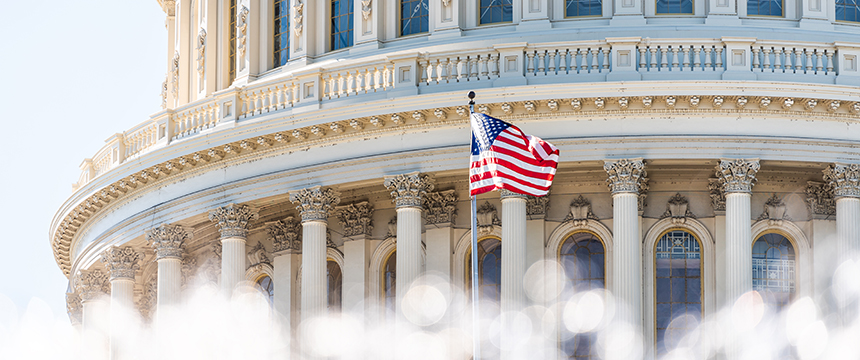
On August 7, 2022, the Senate passed a major climate, health and tax bill through the budget reconciliation process. The bill, named the Inflation Reduction Act of 2022, is expected to be taken up by the House of Representatives on August 12. The bill includes a couple of significant tax changes, though notably not the carried interest proposal that was included in the bill as initially proposed by Senate Majority Leader Chuck Schumer (D-N.Y.) and Senator Joe Manchin (D-W.Va.).
Fifteen Percent Corporate Minimum Tax
The bill reintroduces a corporate minimum tax substantially similar to a provision included the Build Back Better Act. U.S. corporations currently are subject to U.S. federal income tax at a rate of 21%, though some corporations pay a much lower effective rate. The bill would impose a 15% alternative minimum tax (AMT) on the adjusted financial statement income (AFSI) of corporations with average annual AFSI in excess of $1 billion, calculated over a three-year period. Corporations generally would be eligible to claim net operating losses and tax credits against the AMT, and would be eligible to claim a tax credit against the regular corporate tax for AMT paid in prior years, to the extent the regular tax liability in any year exceeds 15% of the corporation’s AFSI.
This provision would be effective for taxable years beginning after December 31, 2022.
One Percent Excise Tax on Corporate Stock Buybacks
The bill also reintroduces a 1% excise tax on corporate stock buybacks largely unchanged from what was previously included in the Build Back Better Act. Under the bill, publicly traded U.S. corporations would be subject to a nondeductible excise tax equal to 1% of the fair market value of any stock buybacks. The excise tax would apply to any repurchase by a covered corporation (or certain affiliates) that constitutes a redemption within the meaning of Section 317(b).1 The excise tax also would apply to repurchases of stock of publicly traded non-U.S. corporations by certain U.S. affiliates (in which case the U.S. affiliate would be liable for the excise tax) and repurchases of stock by publicly traded non-U.S. corporations that are classified as surrogate foreign corporations under Section 7874 (generally, a non-U.S. corporation that replaces the U.S. parent corporation of a multinational group in an inversion transaction).
The proposed rule excludes the following categories of repurchases:
- Repurchases that are part of a tax-free Section 368(a) reorganization and the shareholder recognizes no gain or loss.
- Where the repurchased stock (or an equivalent amount of stock) is contributed to an employer-sponsored retirement plan, employee stock ownership plan or similar plan.
- If the fair market value of stock repurchased during the taxable year does not exceed $1 million.
- Repurchases by dealers in securities in the ordinary course of business.
- Repurchases by corporations classified as regulated investment companies (RICs) or real estate investment trusts (REITs) for U.S. federal income tax purposes.
The bill directs the Treasury Department to issue regulations to administer the excise tax, including addressing special classes of stock and preferred stock and preventing the abuse of the above exceptions.
This provision would apply to repurchases of stock after December 31, 2022.
1 All section references are to the U.S. Internal Revenue Code of 1986, as amended.

